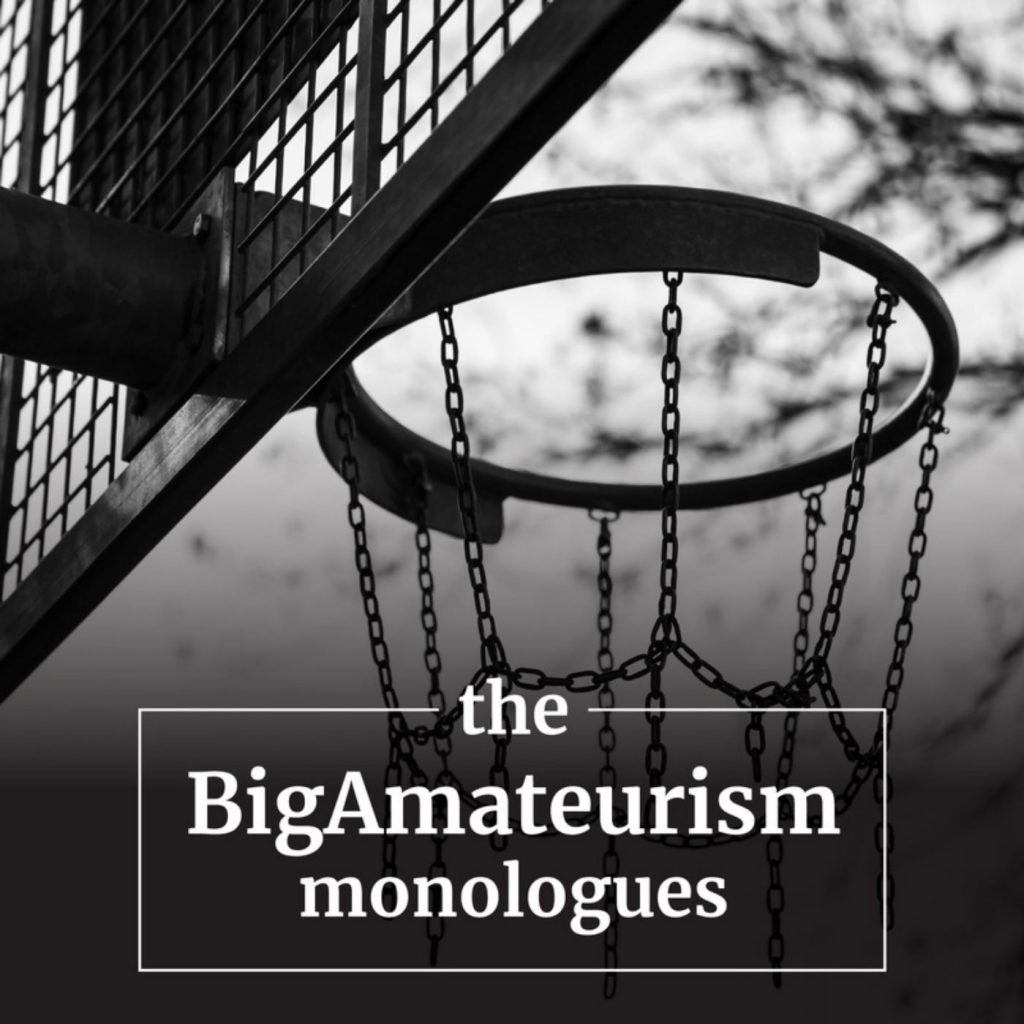Episodes
On March 31st, Mark Emmert sat for his annual Final Four press conference. Coach K warmed up Emmert’s seat in his presser immediately preceding Emmert’s. Coach K—not one to mince words when annoyed—threw some serious shade at Emmert. Coach K asked the same question plaguing Emmert’s tenure from the beginning in 2010: who is in charge, and where is the college sports ship heading? True to his purpose as the NCAA’s master dissembler, Emmert served up a pile of NCAA/Power 5 garbage wrapped in the glory of this Final Four, and the beauty of college sports writ large. But Emmert’s actual audience in his 30-minute stump speech was the United States Senate, not coaches, the sports media, or consumers. Carefully prepped by NCAA/Power 5 lawyers and lobbyists, Emmert laid the foundation for the NCAA’s/Power 5’s re-engagement with Congress—most likely after the mid-term elections. At every turn, Emmert invoked the need for Congress to save college sports as we know them. One thing is clear. The NCAA/Power 5 war against revenue-producing athletes is far from over.
According to the college sports commentariat, this year’s Final Four may be the most compelling (and valuable) in the tournament’s history. After a feel-good run by St. Peter’s, the tournament has reverted—as always—to its basketball blue blood standard-bearers: Duke, Kansas, UNC, and Villanova. The college sports ecosystem is in a feeding frenzy to capitalize on these Final Four athletes’ unique talents and achievements. Lost in the noise is a stark reality: the NCAA Division I men’s basketball tournament is the oxygen that supports the corrupt NCAA bureaucracy. In athletes’ rights discussions, the interests of revenue-producing football and men’s basketball players are conflated to suggest that they stand on equal footing in underwriting the excesses of Big Amateurism. While these two stakeholder groups have much in common, high-level Division I men’s basketball plays a unique and critical role in the exploitative business model. Because of the 1984 Board of Regents decision, the NCAA doesn’t receive any revenue from any big-time football products, including the post-season CFP and bowl game revenue streams. After losing its football empire in 1984, the NCAA was left with its consolation prize: the Division I men’s basketball tournament. Since then, the NCAA has marketed, branded, and exploited the commercial value of this single tournament as if its life depends upon it—because it does. This episode examines the unique value of high-level men’s basketball teams and players to the NCAA and Association-wide beneficiaries of March Madness revenue. Using the NCAA‘s 2018 Form 990 tax return, I break down how the NCAA claims to spend the 1.1 billion dollars per year it receives through its long-term contract with CBS/Turner. I also discuss the bonus structures in Final Four coaches’ and athletics directors’ contracts that relate to the performance of their teams in this NCAA tournament. Would it be the end of the world if the players responsible for these bonuses got one of their own?
In a March 17th, 2022, podcast interview, former UNC Chancellor Holden Thorp (2008-2013) spoke candidly on the state of college sports and the power of the NCAA’s amateurism lie. In 2010, Thorp and UNC became embroiled in an academic scandal that consumed the university for years. Thorp was among the many casualties of that scandal. The interview, conducted on Dr. Karen Weaver’s podcast titled Trustees and Presidents—Opportunities and Challenges in Intercollegiate Athletics—is a sobering insight into the realities of the big-time college sports industry and its impact on the values of higher education. Thorp concludes it is impossible to field consistently winning football and men’s basketball teams while preserving academic integrity. According to Thorp, institutional stakeholders have succumbed to an “intoxicating drug” fueled by the lie of the amateur ideal that permits stakeholders to hold—and harmonize— these irreconcilable beliefs. This episode discusses Dr. Thorp’s views and whether institutional decision-making stakeholders can face the truths of the big-time college sports business model.
Holden Thorp Looks Back on UNC and the Myth of “The Carolina Way” (3/17/22)
For nearly seventy years, the NCAA militantly opposed any association with any component of the gambling industry. Now, with the NCAA’s/Power 5’s amateurism model in question, Big Amateurism is normalizing its burgeoning relationship with Big Gambling. On the backside of a 2018 US Supreme Court decision striking down a 1992 federal anti-gambling law (Professional and Amateur Sports Protection Act), the NCAA has quietly shifted to gambling-friendly messaging. In 2018, just after the Supreme Court decision, the NCAA partnered with Genius Sports. A central component of Genius’ business model is to purchase “official” sports data from professional sports leagues for resale to third parties in the sports gambling market. Genius bought the right to use and manage official NCAA statistical data. According to the NCAA, its contract with Genius does not permit Genius to use NCAA data for sports betting. However, in a recent op-ed piece in Sportico, the president and founder of Genius suggested that its ten-year contract with the NCAA envisioned an NCAA transition to college sports gambling. Just two weeks ago, the Mid-American Conference (MAC) announced its partnership with Genius. While the parties have been coy about the terms of that contract, comments by the MAC conference commissioner suggest that Genius will use MAC data for gambling. This episode discusses the normalization of college sports gambling by the NCAA, conferences, sports media, and gambling industry interests. This fundamental change in NCAA values is being re-propagandized as a wonderful thing for “student-athletes,” particularly those in women’s and “Olympic” sports.




